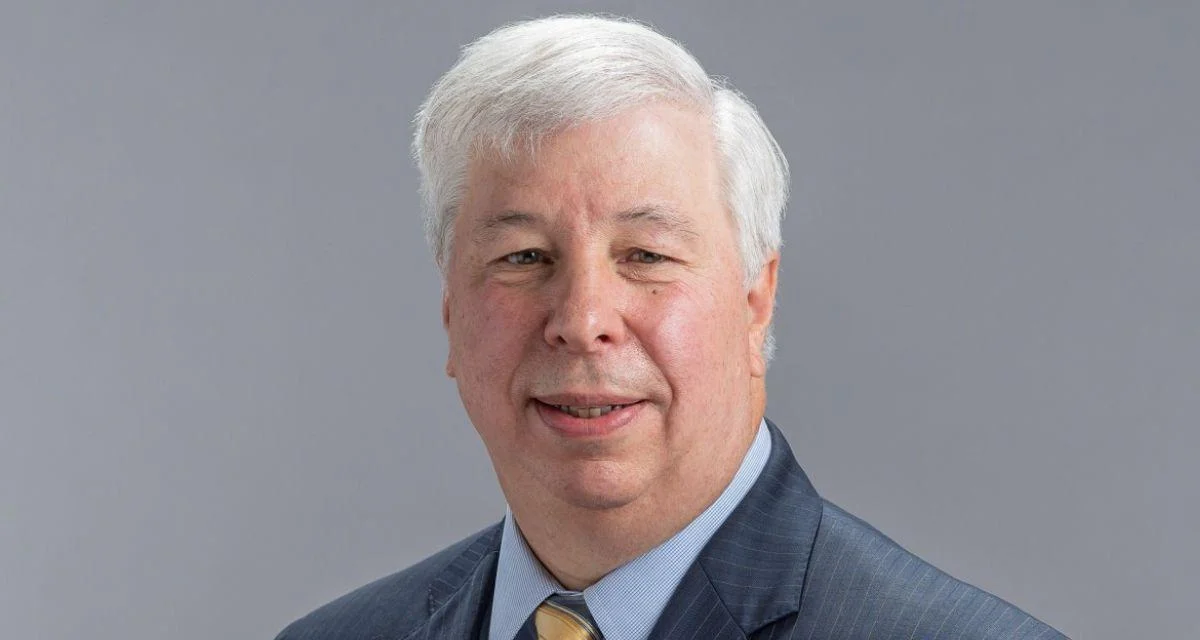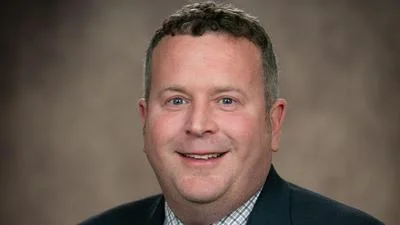Bob Sehring, CEO | OSF HealthCare, Innovation & Digital Health, IL
Bob Sehring, CEO | OSF HealthCare, Innovation & Digital Health, IL
OSF HealthCare and the University of Illinois College of Medicine Peoria (UICOMP) are working together to address physician shortages, chronic diseases, and access to care in rural communities through the Equity Innovation Medicine (EquiMED) program. The program aims to train future doctors by exposing them to medically under-resourced communities in the United States and abroad, encouraging them to develop sustainable solutions for health issues.
The four-year EquiMED program is led by Dr. John Vozenilek of OSF Innovation. According to Dr. Vozenilek, "They are using their innovation skillset every single day. She (a former student at a recent gathering) said that she is using these innovation tools when she interviews patients to go deeper into their needs so she can think of new solutions to their problems."
Devon Izquierdo, a fourth-year medical student at UICOMP, worked with the Guarani people in Jaraguá, São Paulo, Brazil. Izquierdo explained that health literacy and mistrust of traditional medicine were significant challenges in the community. "Because they seemed more open and inviting to outsiders and we decided to create an educational game where they would learn how to treat common ailments like stomach aches, not only with their traditional medicine, but also with evidence-based medicine that we use in our Western culture and hopefully disseminate that information to the adult population as well," Izquierdo said.
Izquierdo collaborated with local leaders such as healer Sonja Christina and her son Jefferson on the game concept. "We worked with one of the healers, Sonja Christina, as well as some of the leadership – her son Jefferson – to really get their input on the game and see what kids would really get excited about," Izquierdo added. "So the next step would be to develop a prototype and bring it back to the community to see, does it really work, do they really enjoy it and where can we adjust as needed."
She will continue this work with a team at Illinois State University in Normal, an academic partner of OSF HealthCare specializing in game theory and development. Izquierdo reflected on lessons learned from EquiMED: "Continue to have a conversation. Build trust in the community and really come up with a solution together because, ultimately, we want to create a solution that they’re going to use – that really solves the issue that they want. We can always come in with ideas and a high-tech solution but if it’s not feasible and they’re not going to use it, are we really solving the problem that we’re trying to solve?"
Another fourth-year EquiMED student, Ben Mendez, focused on safe drinking water access outside São Paulo by developing a water quality monitoring system using sensors for alerts when water becomes unsafe. Mendez explained his approach: "Instead of completely reshaping the infrastructure that doesn’t exist there, we’re just trying to give them a way to get ahead of a problem before it starts and alert them and give them a fighting chance to not drink this contaminated water essentially."
Mendez emphasized practicality: "So understanding how to work within the constraints of a financially driven system, which is the reality we’re in, will prepare me better for my residency and helping my career in finding solutions that we can still keep these basic services that we must as providers, but do it in a way that we can justify the cost and keep the lights on essentially."
Dr. Vozenilek noted students' emphasis on soft skills such as listening and collaboration: "So, this idea of co-design, to really get to the patients’ needs and to really understand them fully and then design with the patient, the solution. Now that’s relevant for very complicated type of treatment paths that require a lot of technology, but it’s also extremely important for the types of simple things we do every day to keep ourselves and our loved ones healthy."
At a recent meeting between collaborative partners—including University of Illinois System President Tim Killeen—leaders discussed potential alignment between EquiMED efforts and national health priorities like Food as Medicine initiatives or partnerships with agricultural programs.




 Alerts Sign-up
Alerts Sign-up